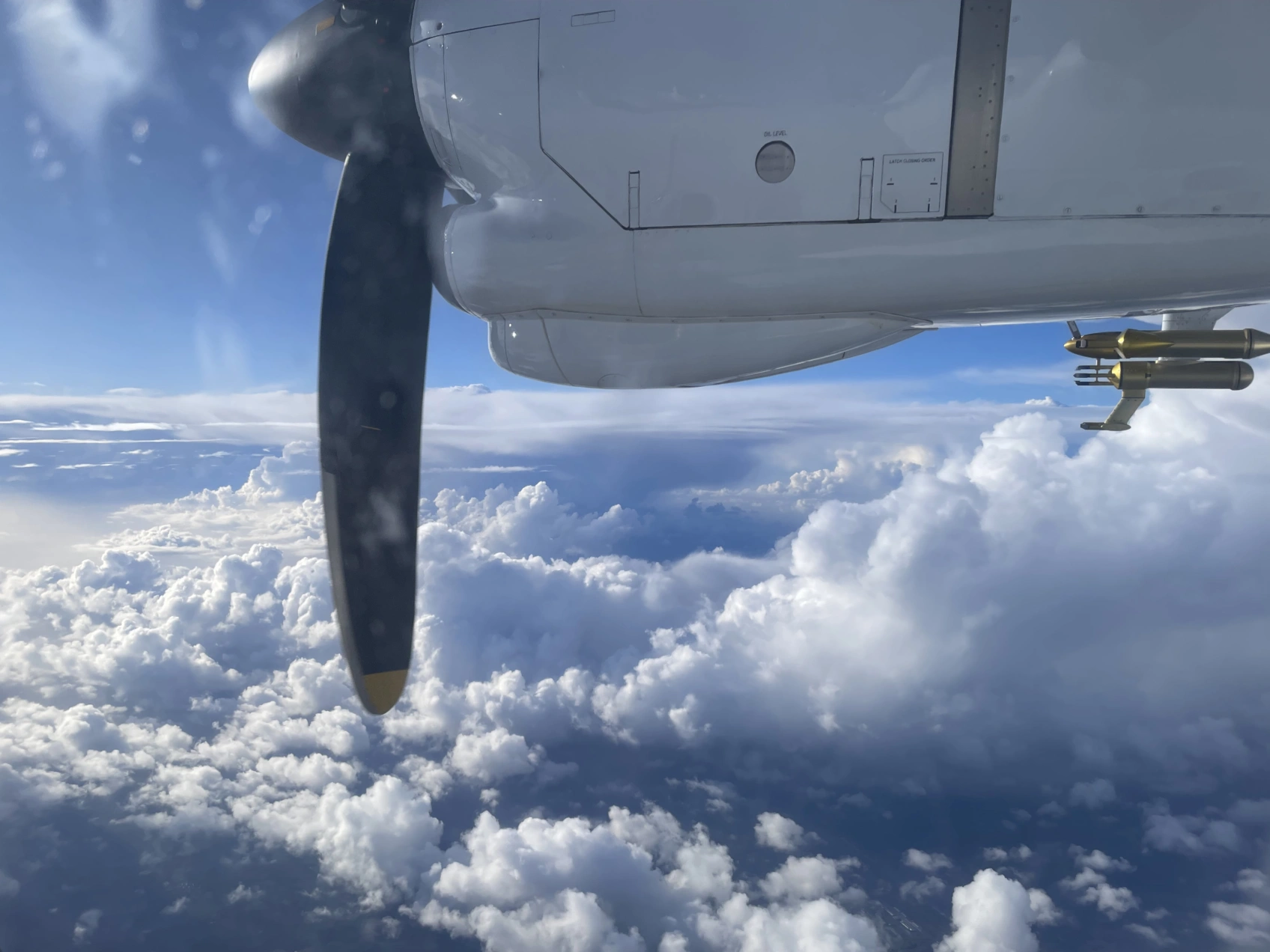
A flight campaign aims to uncover why some extratropical cyclones develop into storms
Read moreFind an Expert
Our researchers are employed either at NORCE, UiB, the Nansen Center or the Institute of Marine Research. The researchers work together across various scientific disciplines. Find researchers with backgrounds in meteorology, oceanography, geology, geophysics, biology and mathematics, among others.
Projects
Researchers at Bjerknes are involved in several projects, both nationally and internationally. The projects are owned by the partner institutions, with the exception of our strategic projects.
Publications
Researchers at the Bjerknes Center publish more than 200 scientific articles each year.
Calendar
Se alle20.02.26
Ledergruppemøte Bjerknessenteret
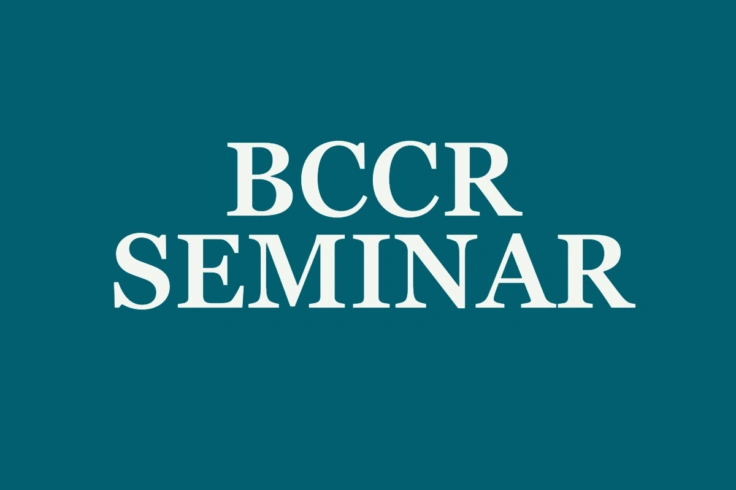
23.02.26
BCCR seminar: Observational and Modeling Studies of the Atmosphere from Antarctica, to the Arctic, and to Norway
Abstract This presentation will highlight current and past projects studying the atmosphere in the Antarctic and the Arctic. The Antarctic is a focus on observational studies with an emphasis on a recent project involving the collection of year-round observations of precipitation at remote locations of Antarctica. The studies of the Arctic are concentrated on the application of the Regional Arctic System Model for regional climate studies. These projects serve as the backdrop for a Fulbright Visit Scholar award to work with scientists at NORCE and UiB for spring 2026. The presentation will close out with a preview of the work to be completed during the visit with a study on extremes of temperature and precipitation. Speaker information Mark Seefeldt is a Research Scientist at the National Snow Ice and Data Center (NSIDC) at the University of Colorado Boulder. His research encompasses applied meteorology and climatology projects spanning the Antarctic and the Arctic. Current research projects include: the in situ measurement of precipitation at remote sites in Antarctica and regional climate modeling studies of the Arctic using the Regional Arctic System Model (RASM) of the Weather Research and Forecast (WRF) models. He has had eight field seasons in the Antarctic and one in the Arctic. Mark is visiting NORCE and UiB this spring as a Fulbright Scholar.
27.02.26
Introduction meeting for new Bjerknes members
Contact the Bjerknes administration for information.
Our Research Groups
Cross-Cutting Activities
Learn About Climate Science
Se alleNews
Se alle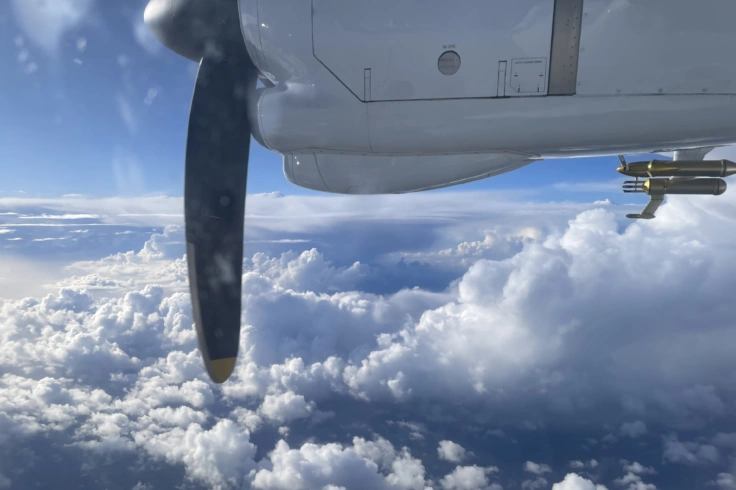
16.02.26
Riding the storm
A large-scale flight campaign on both sides of the Atlantic Ocean aims to uncover why some extratropical cyclones develop into storms, while others fizzle out.
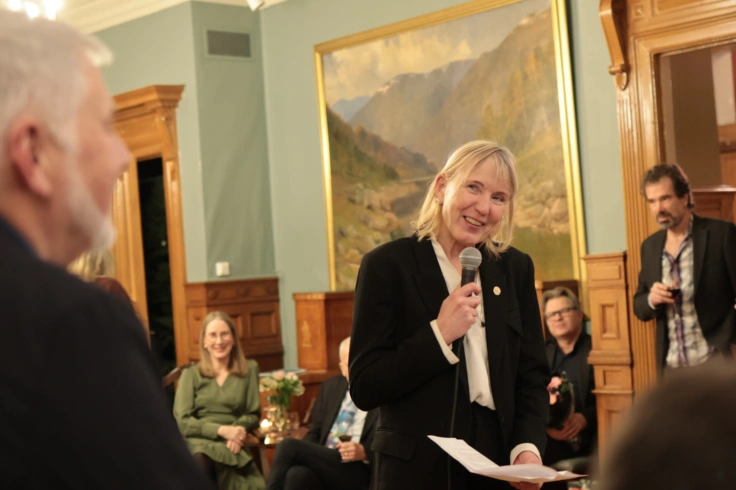
12.02.26
An evening in honor of Prof. Eystein Jansen
"In the spirit of Eystein, it will be a gathering that emphasizes relationships, intellectual exchange, and the path forward, and is intended as a celebration of a vibrant research community", Director Kikki Kleiven introduced the festive seminar in honor of Eystein Jansen..
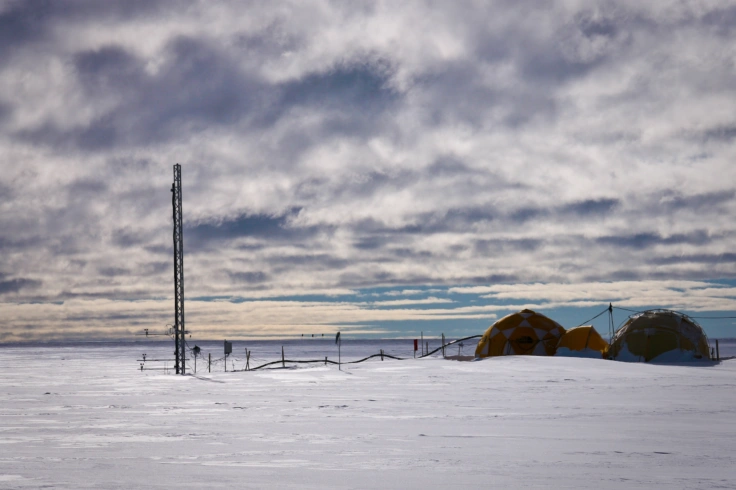
10.02.26
Multi-model isotope simulations reveal a unified picture of Earth’s water cycle
An international research team has completed the first fully standardized comparison of isotope-enabled climate models, demonstrating that a multi-model ensemble provides the most accurate representation of the present-day global water cycle.





